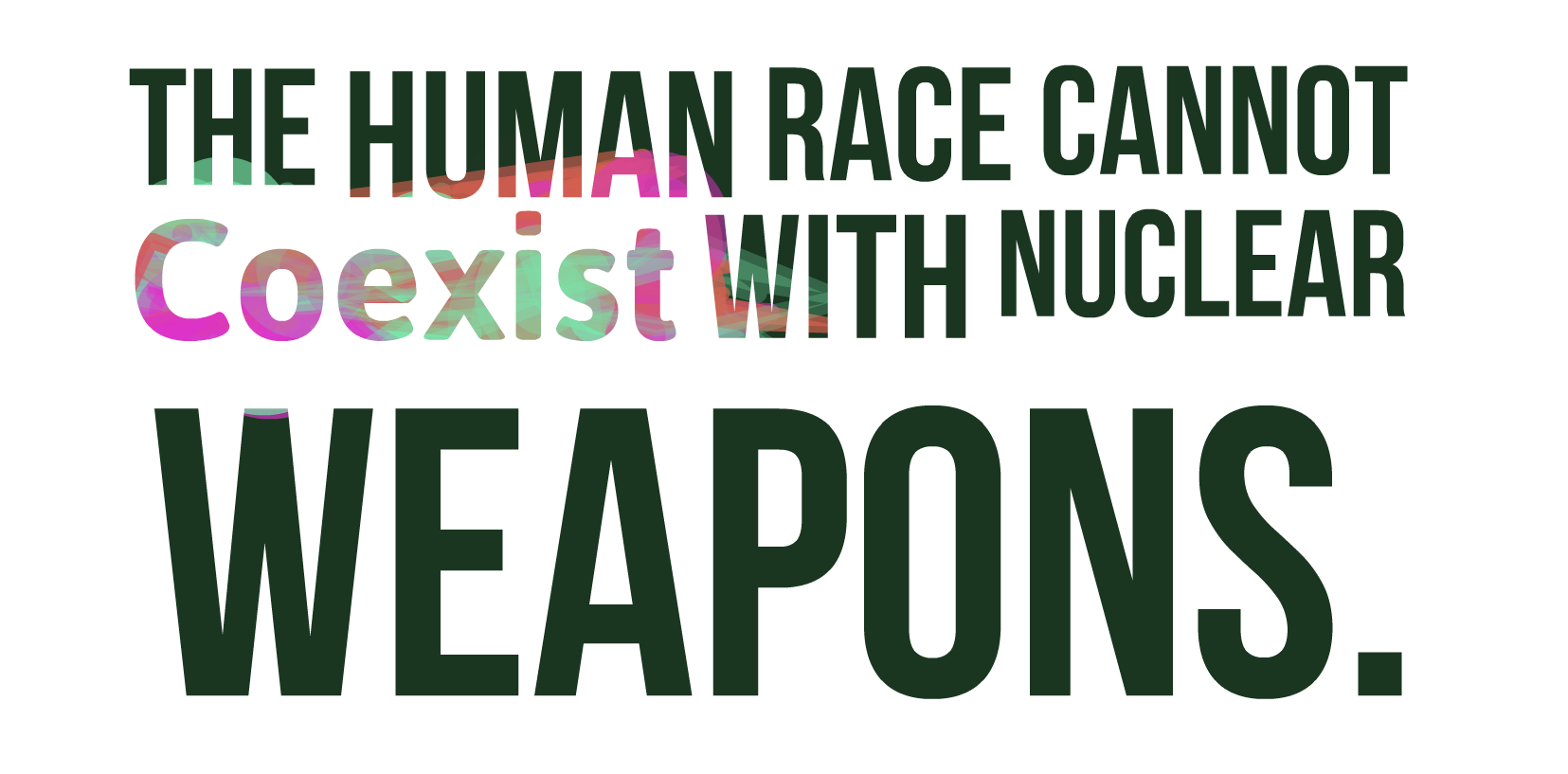Ground Zero Center for Nonviolent Action (Ground Zero) is deeply concerned about the Korea crisis. The tense situation that continues to evolve has been likened to a “Cuban Missile Crisis in slow motion.” There is no military solution to the standoff with theDemocratic People’s Republic of Korea (DPRK); diplomacy is the only reasonable approach.
In addition to the immediate dangers involved, this situation points to much greater issues that must be addressed in order to prevent proliferation and reduce the risks posed to humanity by nuclear weapons.
International Physicians for the Prevention of Nuclear War (IPPNW)has issued a statement on the Korea crisis on April 28, 2017 (see full text below). Ground Zero endorses the IPPNW statement, and calls on the US Government to not only seek a permanent, peaceful resolution to the Korea crisis, but also fully support the upcoming second round of United Nations negotiations of a treaty prohibiting nuclear weapons.
******************
IPPNW statement on Korea crisis
APRIL 28, 2017
The persistent tensions on the Korean peninsula are rapidly escalating into a crisis fueled by mutual fears, provocations, and the volatile temperaments of two unpredictable, nuclear-armed heads of state. The current US administration seems determined to “resolve” the situation through shows of force and military threats. The government of Kim Jong-un is accelerating its efforts to test and build nuclear weapons and missiles, while promising “massive” retaliation should the US follow through on those threats.
Tens of millions of people on both sides of the demilitarized zone are literally caught in the middle of an evolving conflict that could erupt into war—potentially nuclear war—with a single misstep or ill-considered decision on either side. Not only are the lives of millions of North and South Koreans at stake; an armed conflict would inevitably draw in neighboring countries—especially China, Russia, and Japan.
This is exactly how a regional nuclear war could start and escalate into a global catastrophe. The targeting of even a tiny fraction of the combined nuclear arsenals of the DPRK, US, Russia and China on cities in the Korean peninsula or elsewhere would result in a global nuclear famine putting billions of people worldwide at risk of starvation. The consequences of such a war have been described in recent years at three international conferences on the humanitarian impact of nuclear weapons, which reaffirmed the long-held conclusion that nuclear weapons must never be used again under any circumstances, and that the only way to ensure our survival is to prohibit and eliminate the weapons themselves.
If immediate steps are not taken to defuse the current crisis and resume diplomatic approaches to the security issues on the Korean peninsula, the world may well run out of time to prevent a nuclear disaster, despite having had more than 70 years to eliminate the most urgent threat to our common survival. No other option should be on the table.
The alternative to nuclear war is a good-faith effort by the US, the DPRK, and other regional powers to replace military threats and actions with diplomatic initiatives that take the security interests of all parties into account. All nuclear weapons-related activities in the region and everywhere else in the world—including nuclear tests, missile tests and tests of missile defense systems, provocative military exercises, and verbal nuclear threats—should be halted immediately. A formal end to the Korean War, which was halted in 1953 with the signing of the Korean Armistice Agreement, must be a goal of regional diplomacy
The current crisis in the Korean Peninsula is the latest example that a world divided into nuclear “haves” and “have nots” is untenable. The possession and threat of use of nuclear weapons by a handful of states promotes, rather than discourages, conflict and the spread of nuclear weapons. Proliferation is a symptom that requires a global solution.
Last March, the international community took a huge step forward toward ending the nuclear crisis when more than 130 countries, in partnership with international organizations and civil society, began negotiating a treaty to prohibit nuclear weapons as a basis for their total elimination under international law. These negotiations have inspired a new sense of hope that effective leadership toward a world without nuclear weapons is possible, and that a clear path toward that goal can be defined by year’s end. Every government should support and participate constructively in those negotiations.
Source URL for IPPNW Statement on the Korea crisis: https://peaceandhealthblog.com/2017/04/28/korea-crisis/




